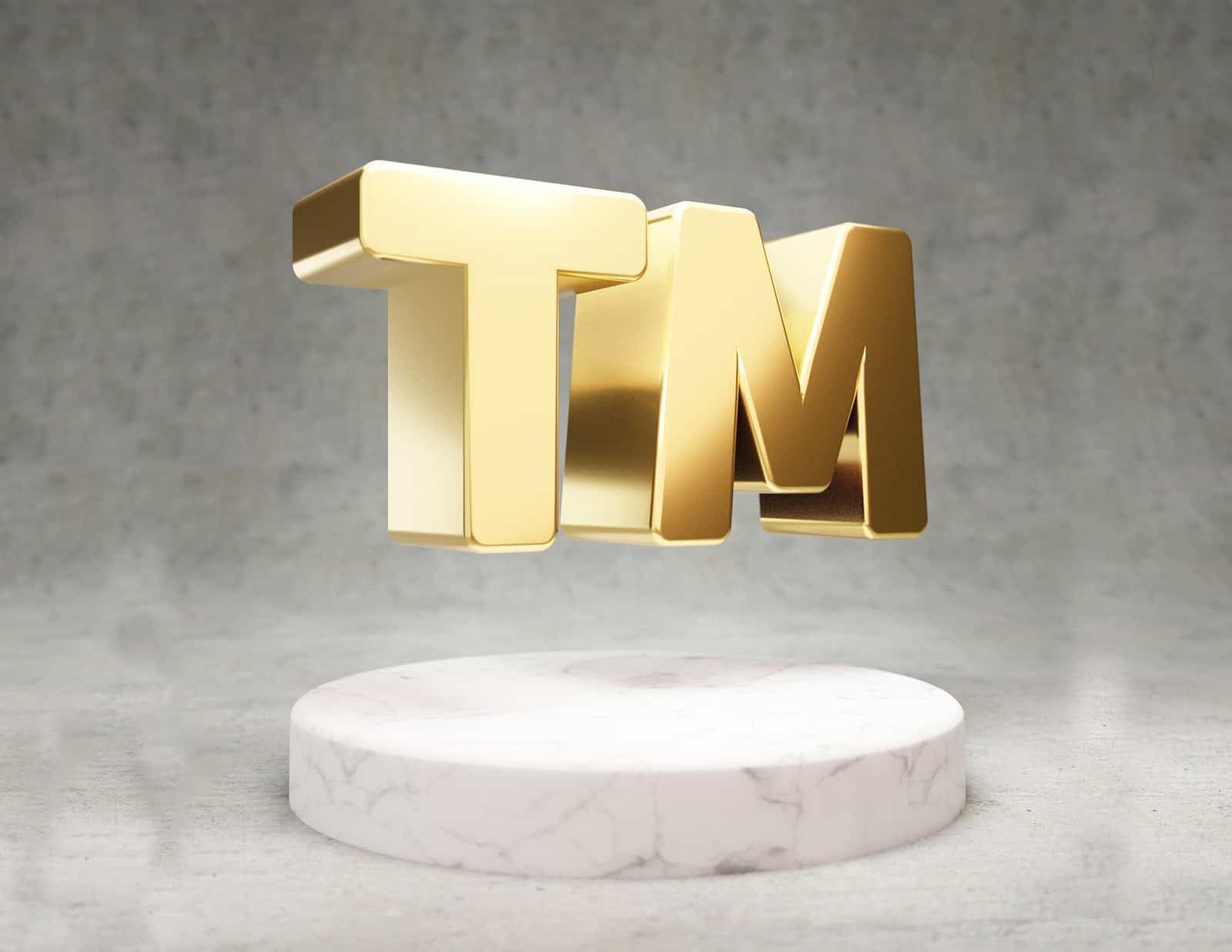By Arbana Lika and Hannah Stitt, Tectonic, LLP

Ideas, inventions, processes, original works of authorship and trademarks are eligible for protection through the United States government – even for cannabis industry operators! In this blog, we focus on trademark rights and how trademark applications for cannabis goods and services are treated.
WHERE THE LAW CURRENTLY STANDS
Trademark rights begin to accrue under California common law wherever a business sells goods or services on a county by county basis. If, for example, a company named “ABC Delivery Service” makes sales in San Francisco, San Mateo and Los Angeles counties under the trademark “Indicativa Delivery”, then that business is accumulating rights in each of those counties.
California State trademark registrations provide the mark holder with rights to the trademark throughout California, regardless of where sales actually occur. The State of California began issuing state trademark registrations to the cannabis industry in 2018. If ABC Delivery Service obtained a California State trademark registration for “Indicativa Delivery”, then it would not only have rights to the mark in San Francisco, San Mateo and Los Angeles, but throughout all of California.
Federal trademark rights are considered superior to either common law or state level because, once granted, the mark holder has rights in the trademark throughout the United States. Unfortunately, the United States Patent and Trademark Office (“USPTO”) currently refuses to register marks for goods or services that are illegal under federal law, such as those involving marijuana or cannabidiol (“CBD”). It does not matter if the goods or services are legally sold under a specific state’s law.
The federal prohibition on cannabis and CBD trademark registrations is controlled by two federal acts: the Controlled Substances Act (“CSA”) and the Food Drug and Cosmetic Act (“FDCA”). The CSA prohibits manufacturing, distributing, dispensing, or possessing certain controlled substances, including marijuana, and the associated “drug paraphernalia”. CBD is a chemical constituent of the cannabis plant that is encompassed within the CSA’s definition of marijuana.
The 2018 Farm Bill removed cannabis plants and derivatives that contain less than 0.3% THC (on a dry-weight basis) from the list of controlled substances found in the CSA. The 2018 Farm bill also technically permitted the USPTO to begin registering eligible cannabis industry trademarks. In 2019, in reaction to the passage of the 2018 Farm Bill, 7,623 new trademark applications were submitted to the USPTO for cannabis goods and services!
Unfortunately, however, CBD remains unlawful for human physical consumption under the FDCA. The 2018 Farm Bill did not affect the Food and Drug Administration’s authority under the FDCA to regulate products containing cannabis or cannabis-derived compounds. The USPTO continues to interpret the FDCA as prohibiting the USPTO from registering trademarks for cannabis goods designed for human ingestion even though such goods are lawful under the 2018 Farm Bill.
As a result, new trademark application submissions for cannabis goods and services reduced down to only 4,105 in 2021. As of May 2022, that number was down to 955 new applications.
BRAND STRATEGIES SHIFT WITH CHANGING POLITICAL WINDS
In the recent past, cannabis industry companies were successful in obtaining federal registration of trademarks for “ancillary” goods and services that do not touch the plant such as education services, and merch. For example, the marks FOUR TWENTY ONE (US Serial No. 88168130) and BAKED BY THE RIVER (US Serial No. 90119173) are both registered trademarks for “education services” related to cannabis products. In essence, companies have been trademarking aspects of their business that are clearly lawful.
However, this strategy was called into question in recent California case law. In December 2021, the Northern District of California issued an opinion in Wunderworks, Inc. v. Dual Beverage Co., stating that the plaintiff’s federally registered trademark WUNDER (US Serial No. 88667500), for light beverages (not containing cannabis), “is likely to be invalid because plaintiff’s [other] products [sold under the same WUNDER mark] encompass products illegal under federal law, and thus lawful use in commerce cannot be established”. 21-cv-04980-SI, 6 (N.D. Cal. Dec. 6, 2021). This decision is bad news for the industry generally.
Fortunately, a significant bill introduced two years ago could alter the cannabis trademark registration landscape considerably if it becomes law: the Marijuana Opportunity Reinvestment and Expungement Act ( “MORE Act”). This act proposes to decriminalize and remove marijuana from the list of scheduled substances in the CSA. If removed from the list of scheduled substances, the criminal penalties associated with individuals who manufacture, distribute or possess marijuana would also be removed. The MORE act passed in the US House of Representatives in April 2022 and is currently in the US Senate Committee on Finance. If it passes the Senate, then non-human ingestible cannabis goods and services would become lawful and trademarks for those goods and services—that do not violate the FDCA—should be processed like any other type of application by the USPTO and proceed to registration.
Also helpful for the industry, in May 2022, the Ninth Circuit Court of Appeals held in AK Futures LLC v. Body Street Distribution, LLC, that: “the plain and unambiguous text of the Farm Act compels the conclusion that delta-8 THC products [] are lawful” and may accrue federal trademark rights.” The combination of the MORE Act passing, and the Ninth Circuit continuing to establish law in favor of the industry, may lead to stability regarding cannabis industry trademarking.
Where does that leave California operators in terms of trademark rights? For the time being, common law rights and state level registrations should be utilized. Federal trademark strategies should be pursued, but with intention and caution.
Techtonic, LLP is a California NORML business member, see their listing here.
Guest blog posts are a free benefit for Cal NORML business members. Read about the benefits of membership here and join us today!



